
Tips to own your career: “It’s not who you know, but who knows you”
For many Latinos, African Americans, and many diverse individuals of color, it can be difficult navigating into the workforce. Whether born in the United States or not, some barriers exist that can restrict mobility for many within the workplace.
With that point understood, for many growing up in diverse households, the number one priority is working hard and having a good work ethic. From an early age, that remains the priority and follows throughout childhood, high school, college, and into adulthood.
For Raquel Arredondo, that was the experience she had as a first generation American of Cuban and Puerto Rican descent. However, work ethic alone can only get an individual so far.
“Once you get out into the work world, that same work ethic is great, but you really need to learn how to draw attention to yourself in a very positive way,” she said.
“For most of us, we follow the path that our parents have taken. For a lot of us who are first generation, there isn’t necessarily a path and we’re kind of figuring it out on our own,” she added.
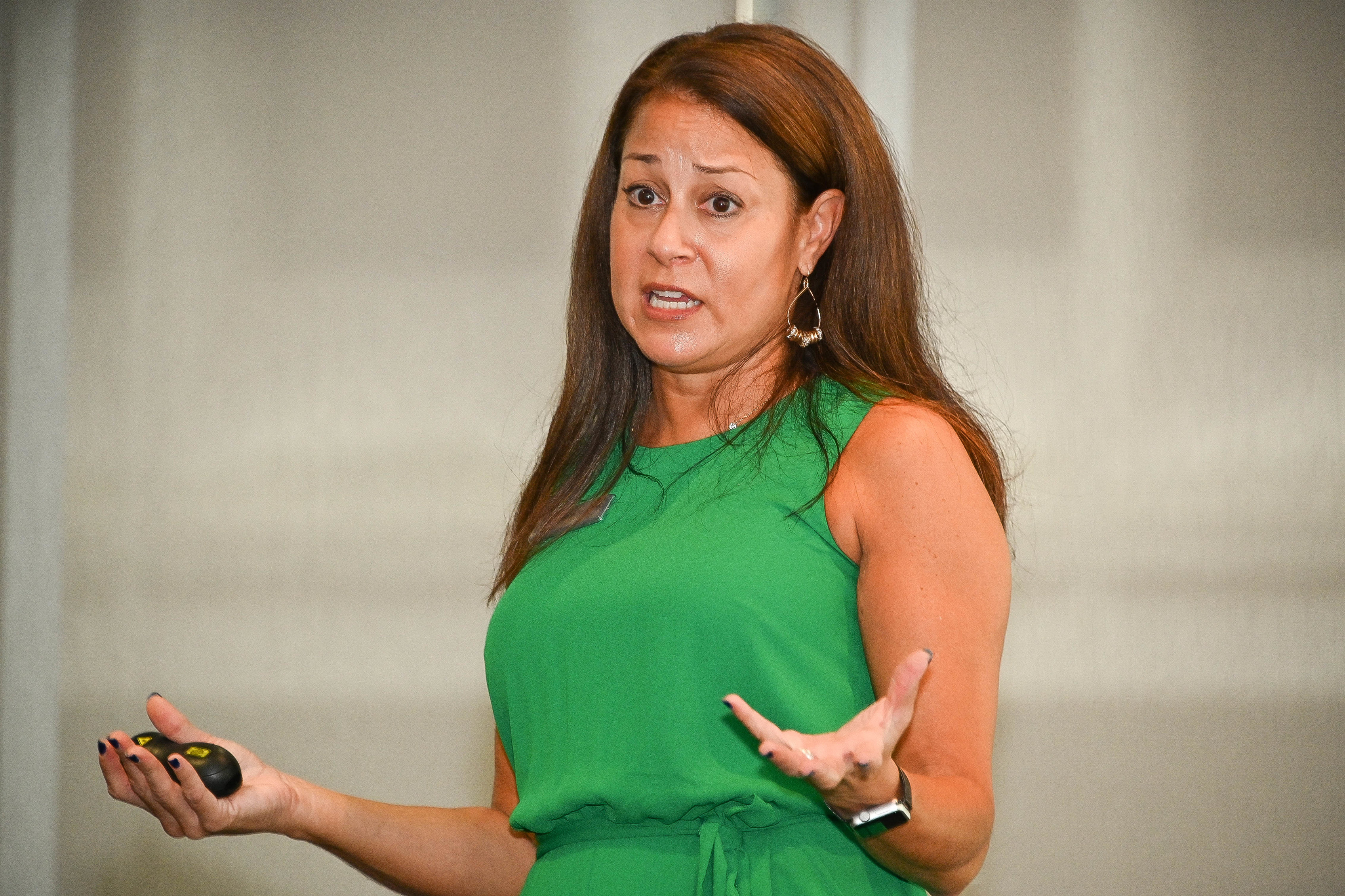
As the Associate Director for Outreach, Engagement & Professional Development for Drexel University’s LeBow College of Business & Office of Graduate Career Services, Arredondo often shares tips on how an individual can take ownage of their own careers.
During Prospanica Philadelphia’s annual Career Excellence Expo, Arredondo shared three of the most prominent factors in owning your career.
These are things that employers want to know, and questions every individual are best off answering for themselves.
Once an individual gets into the workplace, the need to build a personal brand is heightened considerably.
That brand can, and likely will, follow an individual throughout their career. Therefore, it is important to always showcase yourself in-person, but also online and on social media.
CONTENIDO RELACIONADO
However, simply going to a networking event will not be enough. The important thing is to network with a purpose.
There are many different industry and professional organizations that exist for people within any field of work. For that reason, Arredondo would highly suggest becoming familiar with, and possibly becoming involved, with at least one.
“It’s something that adds credibility to your knowledge in [that] space,” she said. “The more that you network within this space, the more people get to know you as a professional [and] you can leverage this in being able to find a future job or career.”
Getting involved in one of these organizations can also fulfill the duty of civic engagement, which is also important in career development.
Arredondo denoted five individuals: a master, someone an individual can look up to professionally; a co-pilot, someone who is a workplace best friend; a reverse mentor; someone who may be a little younger, but keep you on-trend; a cheerleader, someone outside of the office that can help uplift you; and an anchor, a genuine friend who can provide insight and help redirect things when needed.
With each valuable resource, the main point is this: “It’s not who you know, but who knows you.”
“If they don’t know you… what you stand for… your professional identity, your personal brand, then that’s not going to get you anywhere,” said Arredondo.
Everyone should be purposeful when interacting with others in the workforce, because you never know where that interaction could lead you.



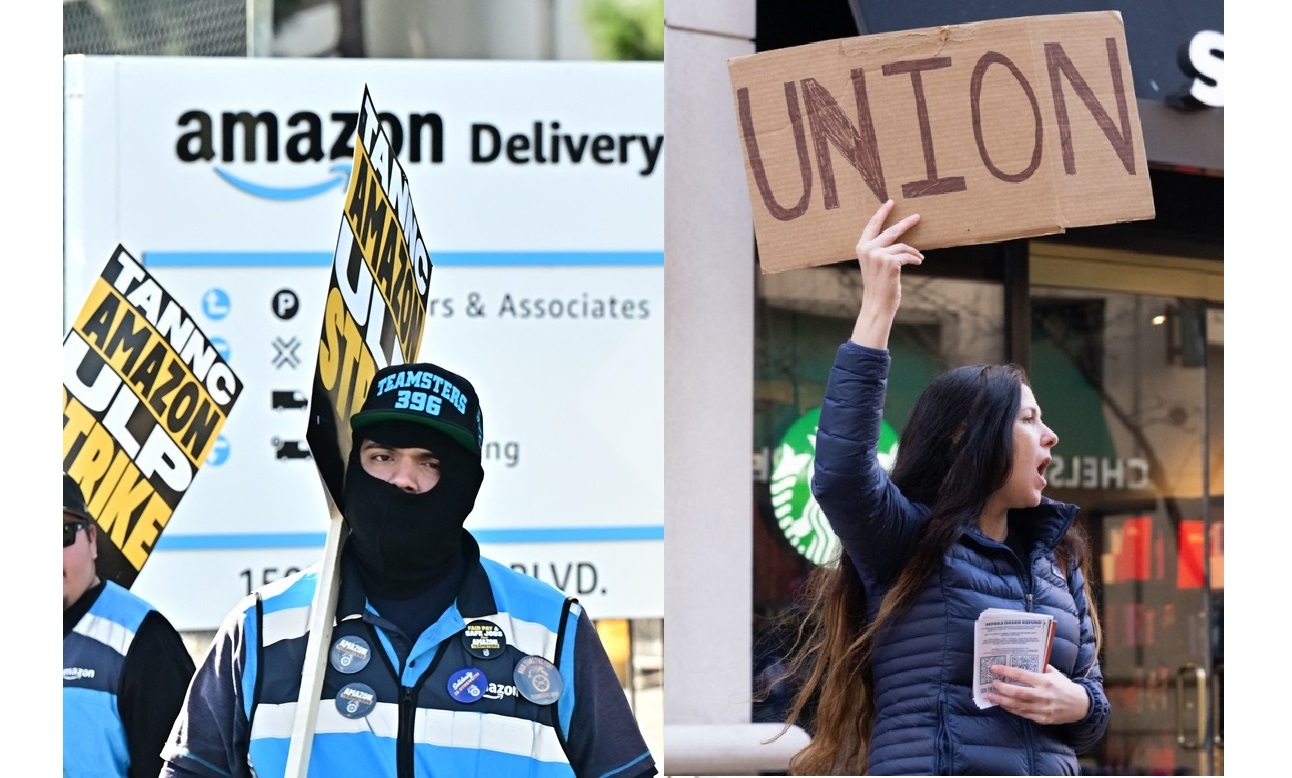
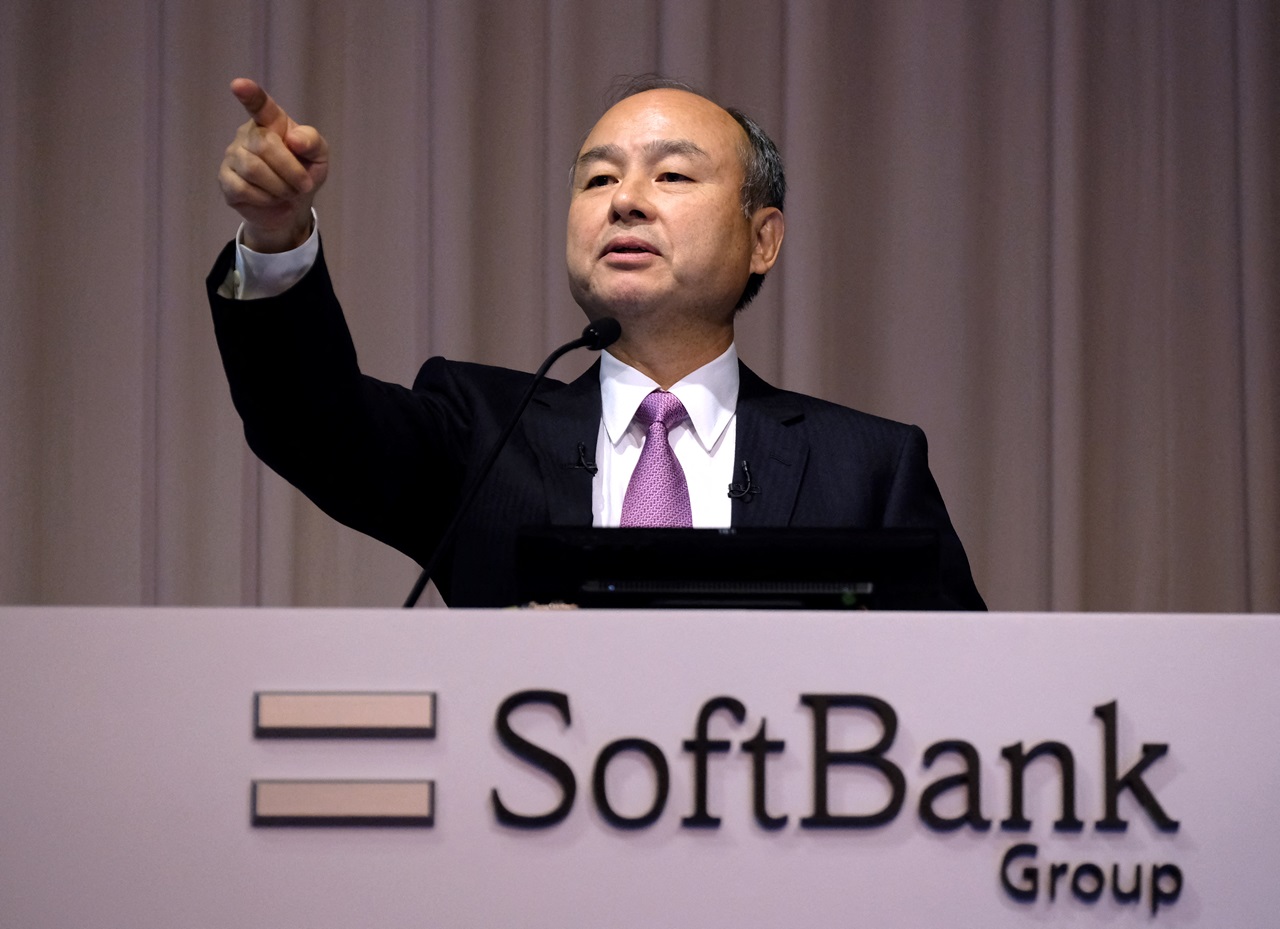


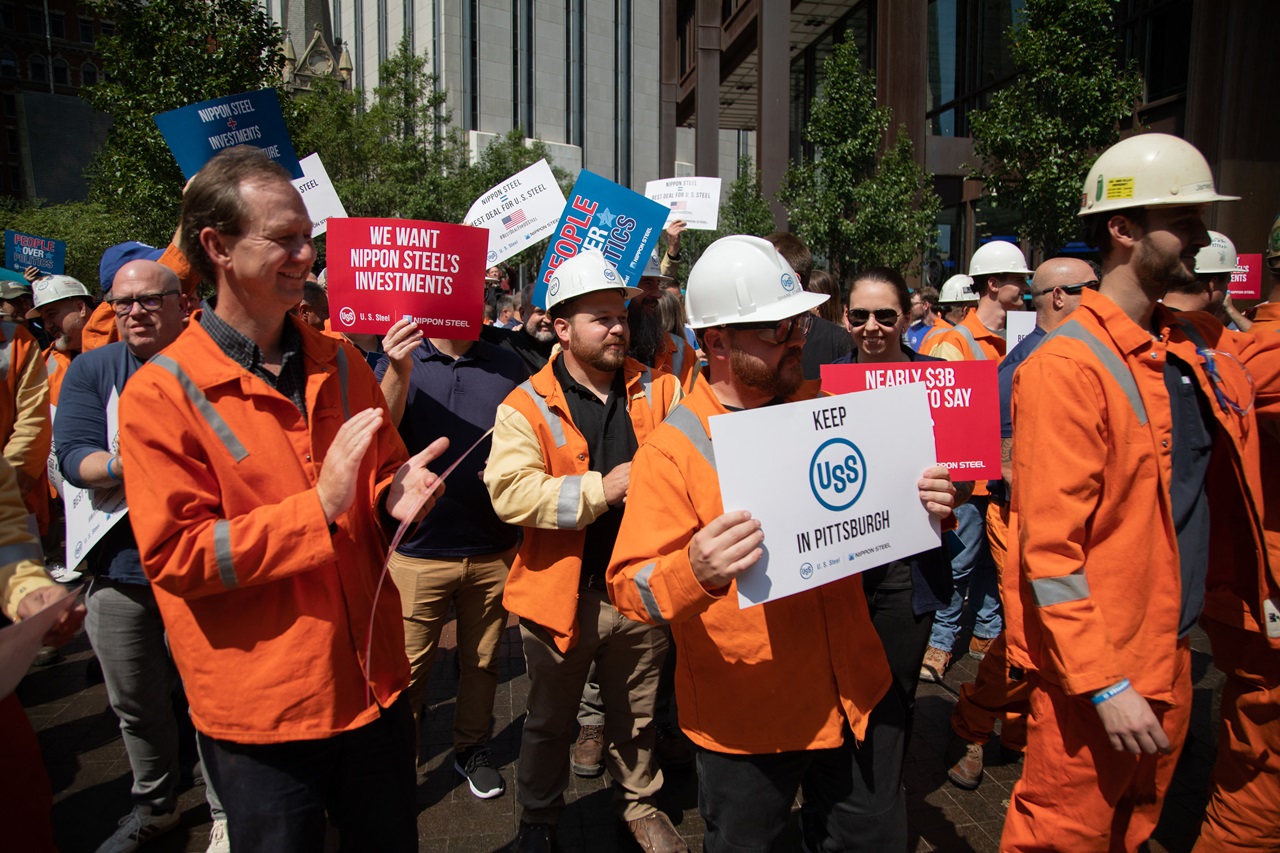
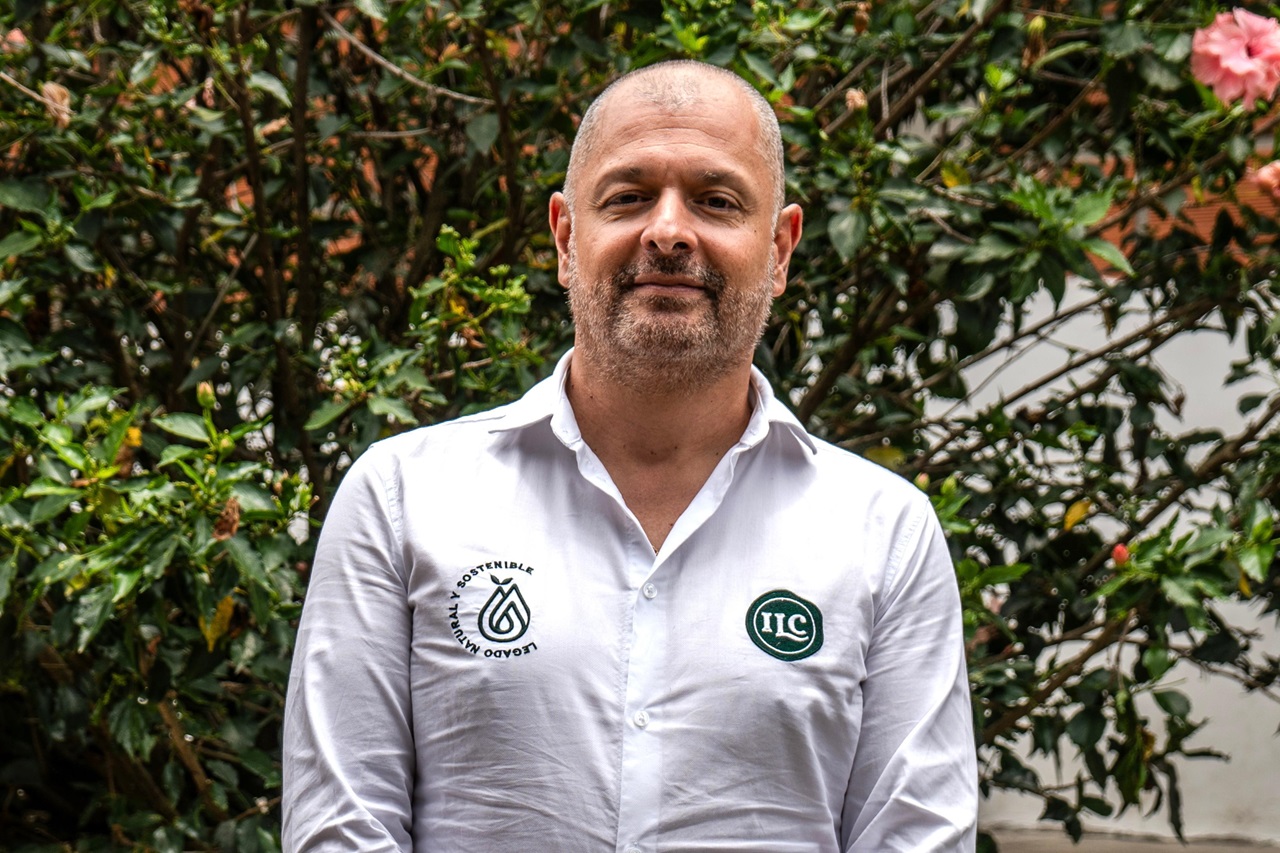

DEJE UN COMENTARIO:
¡Únete a la discusión! Deja un comentario.